Spice Up Your Life: A Flavorful Guide to Types of Indian Food
Table of Contents
Introduction
Indian cuisine is a vibrant tapestry of flavors, textures, and aromas that has captivated the world for centuries. From the fiery curries of the south to the rich, creamy dishes of the north, the types of Indian food are as diverse as the country itself. Whether you're a seasoned foodie or just starting your culinary journey, there's something for everyone in this spice-laden world.
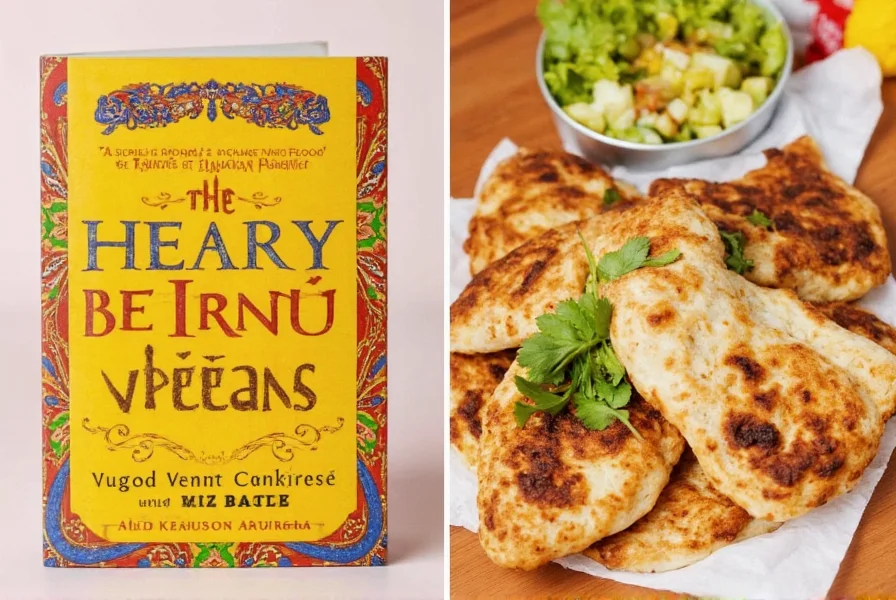
But what exactly are the types of Indian food? And how can you explore them without traveling halfway around the world? In this guide, we’ll take you on a flavorful adventure through the many regional variations, popular dishes, and essential spices that define Indian cuisine. Plus, we’ll give you a practical buying guide so you can bring the taste of India into your kitchen.
Regional Variations in Indian Cuisine
India is a land of diversity, and its food reflects that perfectly. Each region has its own unique ingredients, cooking techniques, and flavor profiles. Let’s break down some of the most famous regional cuisines:
| Region | Key Characteristics | Signature Dishes |
|---|---|---|
| North India | Rich, dairy-based, and often with a focus on breads like naan and paratha | Butter Chicken, Chole Bhature, Rogan Josh |
| South India | Lighter, rice-based, and packed with coconut, tamarind, and curry leaves | Idli, Dosa, Sambar, Vada |
| East India | Known for its seafood and use of mustard oil | Macher Jhol, Dalma, Pitha |
| West India | Famous for its street food, spicy chutneys, and use of coconut | Vada Pav, Pav Bhaji, Dhokla |
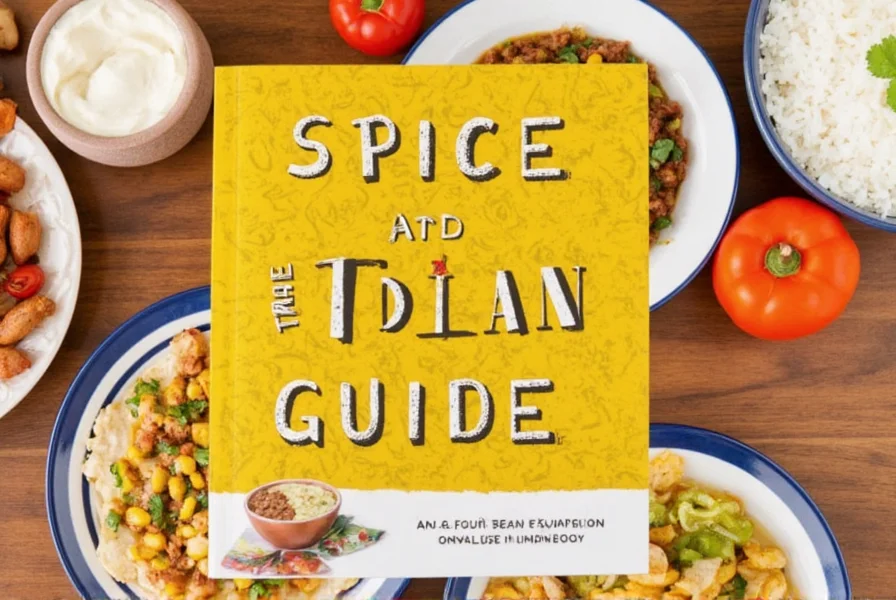
Each of these regions offers a different experience when it comes to the types of Indian food. For example, if you love creamy, meaty dishes, North Indian cuisine might be your favorite. But if you prefer light, tangy, and fresh flavors, South Indian food could be more to your liking.
Popular Dishes You Need to Try
While the types of Indian food vary widely by region, there are certain dishes that have become iconic across the country. Here are some must-try foods:
- Chaat: A variety of street-side snacks, including pani puri, golgappa, and bhel puri. These are perfect for a quick bite and full of bold flavors.
- Korma: A mild, creamy dish made with yogurt and spices, often featuring chicken or vegetables.
- Dal: A lentil-based dish that is both nutritious and comforting. It comes in many forms, from masoor dal to toor dal.
- Pakoras: Deep-fried fritters made from vegetables or paneer (Indian cottage cheese) and served with chutney.
- Biryani: A fragrant rice dish layered with marinated meat, saffron, and spices. It's a staple at celebrations and special occasions.
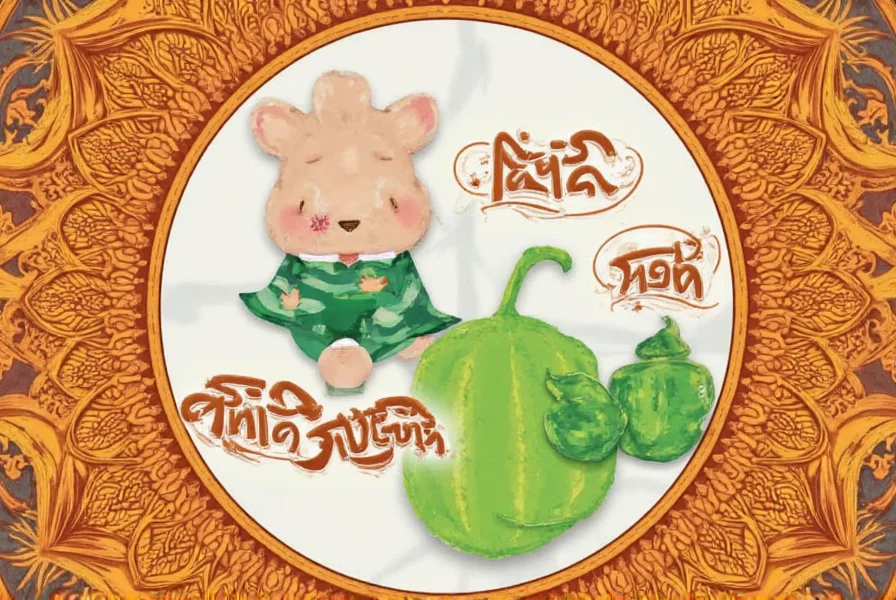
These dishes showcase the versatility of the types of Indian food. Whether you're looking for something spicy, sweet, or savory, there's always a dish that will satisfy your cravings.
The Magic of Spices and Flavors
Spices are the soul of Indian cuisine. They not only add flavor but also bring out the best in every ingredient. Here are some of the most commonly used spices in Indian cooking:
- Cumin: Used in everything from curries to chutneys, cumin adds a warm, earthy flavor.
- Turmeric: Known for its bright yellow color and anti-inflammatory properties, turmeric is a staple in most Indian recipes.
- Garam Masala: A blend of ground spices that gives dishes a complex, aromatic depth.
- Cinnamon: Often used in both sweet and savory dishes, cinnamon adds warmth and sweetness.
- Cardamom: Used in desserts and beverages, cardamom has a floral, slightly sweet aroma.
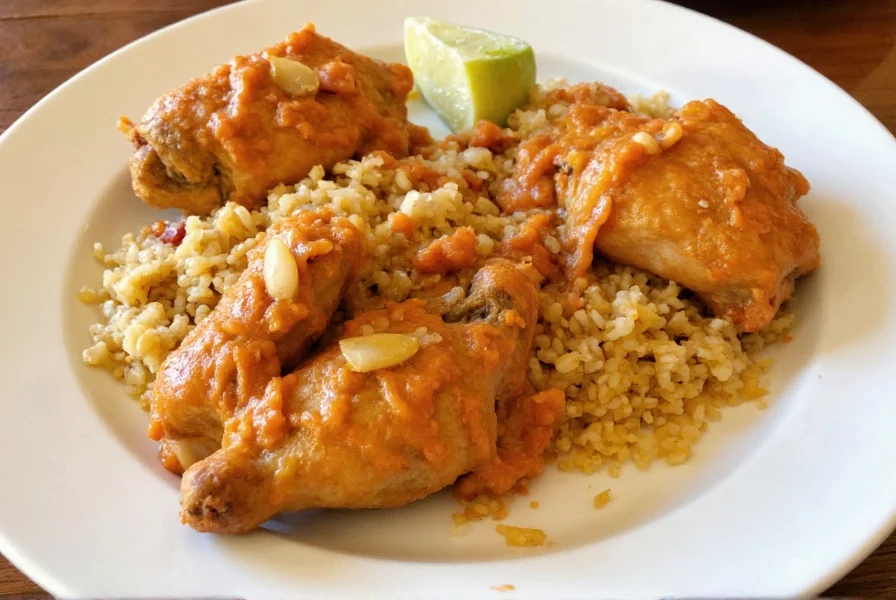
Understanding how these spices work together can help you recreate authentic Indian flavors at home. Experimenting with different combinations can lead to exciting new dishes that reflect the true essence of the types of Indian food.
Buying Guide for Indian Ingredients
If you want to bring the taste of India into your kitchen, it's important to know where to find the right ingredients. Here's a guide to help you shop smart:
Essential Ingredients for Indian Cooking
- Basmati Rice: A long-grain rice known for its fluffy texture and nutty flavor. Ideal for biryanis and pilafs.
- Paneer: A type of fresh cheese that holds up well in curries and kebabs. Great for vegetarian dishes.
- Chana Dal: Split Bengal gram used in soups and stews. High in protein and easy to cook.
- Ghee: Clarified butter that adds richness and a subtle nutty flavor to dishes.
- Coconut Milk: Commonly used in South Indian recipes for its creamy texture and mild sweetness.
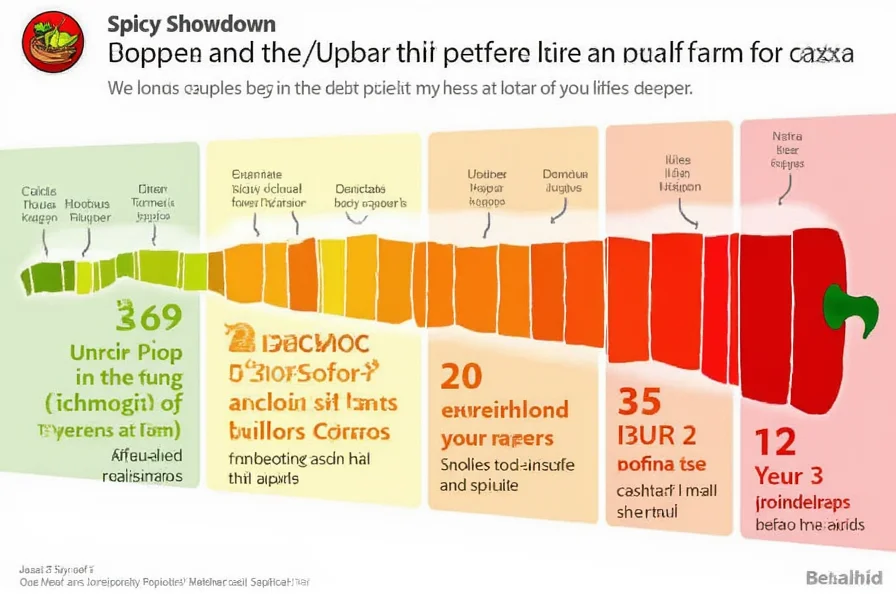
Where to Buy Indian Ingredients
Many grocery stores now carry a wide range of Indian products, especially in larger cities. You can also find specialty shops or online retailers that offer a broader selection. Look for brands that use traditional methods and high-quality ingredients.
Best Uses for Key Ingredients
- Chili Powder: Use it to add heat to curries, stews, and even marinades.
- Coriander: Fresh or ground coriander adds a citrusy, slightly sweet flavor to dishes.
- Mustard Seeds: Used in tempering oils for dals and vegetable dishes, they add a nutty, pungent flavor.
- Garlic: A key component in many Indian recipes, garlic enhances the depth of flavor in any dish.
When choosing ingredients, consider the occasion and the type of Indian food you're preparing. For example, if you're making a traditional meal for a family gathering, you'll want to invest in high-quality spices and fresh produce. On the other hand, for casual meals, store-bought or pre-made options can be just as satisfying.
Conclusion
The types of Indian food are as varied and colorful as the culture itself. From the spicy curries of the south to the delicate sweets of the north, there's a world of flavors waiting to be discovered. By understanding the regional differences, exploring popular dishes, and learning about the essential spices, you can bring the essence of Indian cuisine into your own kitchen.
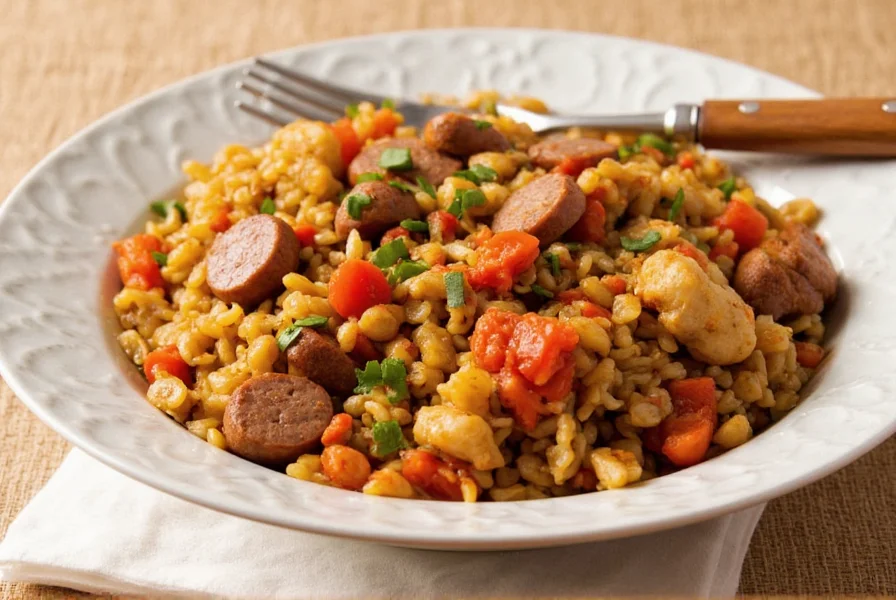
Whether you're an experienced cook or just starting out, the journey into Indian food is one filled with excitement and discovery. So grab a spoon, fire up the stove, and let the spices take you on a culinary adventure that spans the entire subcontinent.











 浙公网安备
33010002000092号
浙公网安备
33010002000092号 浙B2-20120091-4
浙B2-20120091-4